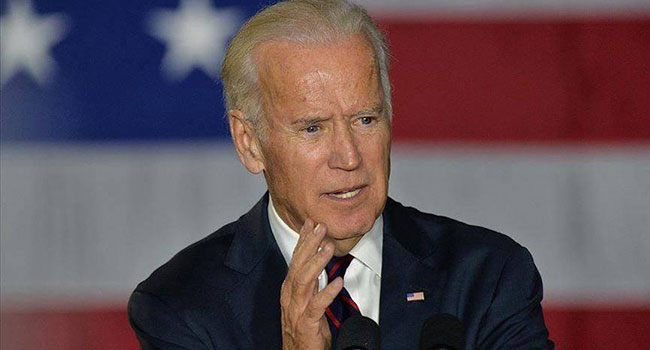 With the return of the Democrats to the White House, there will be changes in United States foreign policy. Canada, as the third largest U.S. trade partner, will be impacted.
With the return of the Democrats to the White House, there will be changes in United States foreign policy. Canada, as the third largest U.S. trade partner, will be impacted.
The presidency of Republican Donald Trump was characterized by strong protectionism. It featured a renegotiation of NAFTA (North American Free Trade Agreement), which led to the new USMCA (United States-Mexico-Canada Agreement), with more barriers, especially on aluminum, steel, and automobile. Tariffs imposed by the U.S. government on these products have weakened trade between the two countries.
Will newly-elected President Joe Biden be more open to free trade?
Democratic Party ambiguous on trade
On one hand, the Democratic Party is open to trade; on the other, it maintains that trade must be regulated to protect American workers’ interests.
At the 2020 Democratic convention, it was decided that “Democrats will pursue a trade policy that puts workers first. We will negotiate strong and enforceable standards for labour, human rights, and the environment in the core text of our trade deals. Future trade agreements should build on the pro-labour provisions added to the United States-Mexico-Canada Agreement (USMCA) by Democratic members of Congress.”
So free trade seems to be rejected by the party and the protectionist perspective persists.
However, Biden seems more open to free trade. In an article for Foreign Affairs, he condemned what he called the “ill-advised trade war against the United States’ friends and foes alike, that are hurting the American middle class.”
He proposes, “taking down trade barriers that penalize Americans and resisting a dangerous global slide toward protectionism.”
At first glance, Biden seems to promote freer trade with the rest of the world. Still, he adds, “I will not enter into any new trade agreements until we have invested in Americans and equipped them to succeed in the global economy. And I will not negotiate new deals without having labor and environmental leaders at the table in a meaningful way and without including strong enforcement provisions to hold our partners to the deals they sign.”
The trade policy proposed by the Democrats is strong on state interventionism. Of course, these programs and discourses were made to be attractive to U.S. electors, particularly those who voted for Trump in 2016.
These politics can be harmful to Canada. Trump approved the Keystone XL oil pipeline, which created 2,000 construction jobs in Alberta, but Biden has now cancelled the project’s permit.
However, a glimmer of hope remains for free trade. The Democrats have voiced a strong commitment to multilateralism: “We will work with our allies to mobilize more than half the world’s economy to stand up to China and negotiate from the strongest possible position,” the convention document says.
If the Trump presidency was isolationist, the Biden one will be more open to diplomacy and exchange with America’s allies.
Canada should take the initiative
Canada’s political system fits with the requirements of the Democrats’ trade policy. Indeed, Canadians have human rights and environmental policies close to Biden’s expressed standards. In the 2020 Environmental Performance Index, Canada ranks 20th and the United States 24th. In the 2019 Human freedom Index of the Cato Institute, Canada ranks fourth and the U.S. 15th.
So on the key topics defended by the Democratic Party, Canadians can be an example. There’s no relevant political obstacle for free trade between two countries that share values.
NAFTA benefited the U.S., Canada and Mexico. Eight million jobs depend on trade between the U.S. and Canada. James L. Bacchus, a Democrat member of the U.S. House of Representatives from Florida who served as a World Trade Organization judge, says “One in every six jobs in Florida – about 1.3 million jobs – is supported by international trade and foreign direct investment.”
Don’t forget the U.S. Senate
According to the U.S. Constitution, the president “shall have power, by and with the advice and consent of the Senate, to make treaties, provided two-thirds of the senators present concur.”
So the Senate will have to accept any treaties Biden wants to ratify. And the Democrats now have control of the Senate, although by a one-vote margin.
The need to agree across party lines in such balanced circumstances could favour centrists who are more open to the free market. It could also marginalize the power of the radical left and the populist right who promote protectionism.
Alexandre Massaux is a research associate at the Frontier Centre for Public Policy.
Alexandre is a Troy Media Thought Leader. Why aren’t you?
For interview requests, click here. You must be a Troy Media Marketplace media subscriber to access our Sourcebook.
The views, opinions and positions expressed by columnists and contributors are the author’s alone. They do not inherently or expressly reflect the views, opinions and/or positions of our publication.
